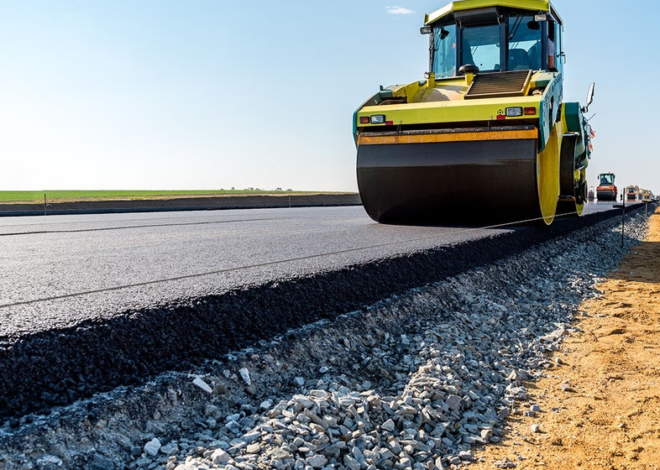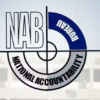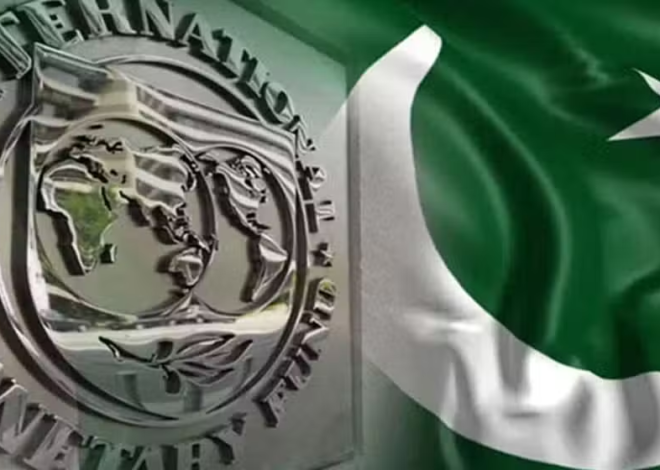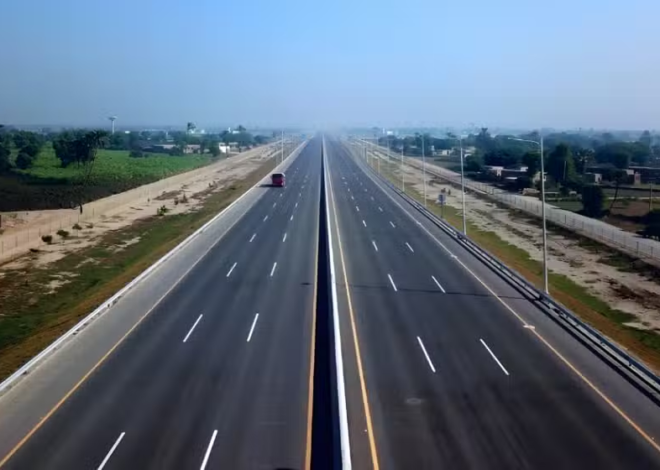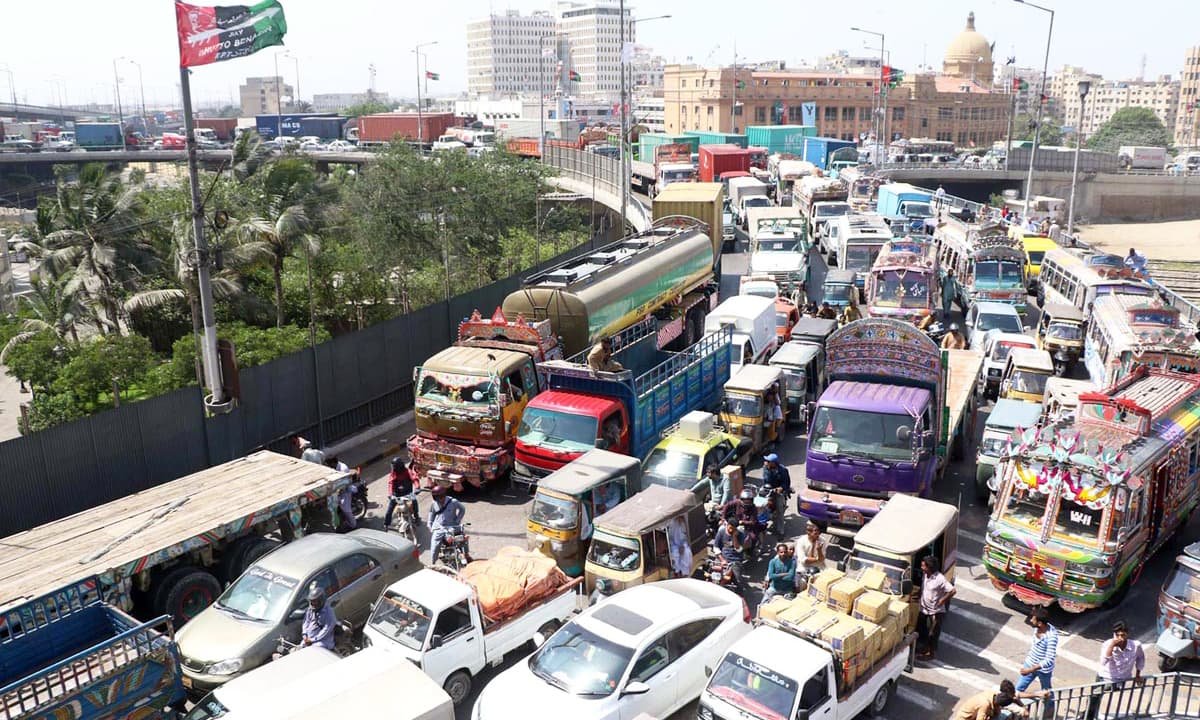
Karachi Announces Two-Day Ban on Heavy Vehicles
In preparation for the upcoming Eid Milad un Nabi processions, the Karachi administration has announced a comprehensive traffic plan aimed at ensuring public safety and a smooth flow of vehicles across the city. Authorities confirmed that heavy vehicles will be prohibited from entering or operating on key routes during the religious observance. The restriction will remain in place for two days, on September 6 and 7, coinciding with 11th and 12th Rabi ul Awal.
Ensuring Public Safety During Processions
Eid Milad un Nabi holds deep significance for millions of Muslims in Pakistan, with large processions organized across Karachi each year. These gatherings attract thousands of participants, often resulting in heavy traffic congestion and public safety concerns. The ban on heavy vehicles aims to minimize roadblocks, reduce accident risks, and create safer spaces for procession participants. By limiting the presence of large trucks, trailers, and containers on major arteries, authorities expect smoother mobility for both procession routes and alternative traffic flows.
Details of the Ban and Routes Affected
The two-day restriction will apply to all heavy vehicles, including trailers, oil tankers, and cargo trucks. While the administration has not yet shared a complete list of affected roads, officials confirmed that all primary procession routes will remain strictly off-limits for heavy transport. This measure is particularly crucial for areas hosting main gatherings and religious events, where public participation is expected to peak.
Karachi’s traffic police have been instructed to set up diversion points and monitor roads around the clock to enforce the ban. Violators will face strict legal action, including heavy fines and vehicle impoundment.
Advisory for Citizens
The administration has urged citizens to plan their travel schedules in advance and avoid unnecessary movement around procession timings. Residents are encouraged to stay updated on traffic advisories and use alternative routes where possible. Authorities emphasized that cooperation from the public is essential for ensuring safety and avoiding inconvenience during the two-day observance.
Public transport operators and delivery services have also been advised to make necessary adjustments to schedules and logistics to prevent disruptions. Business owners and traders who rely on heavy goods transport are recommended to complete major deliveries before the restriction period begins.
Traffic Management Measures in Place
Alongside the ban on heavy vehicles, Karachi traffic police are expected to deploy additional personnel across key junctions to maintain discipline on the roads. Barricades and diversion signs will be installed to manage alternative routes efficiently. Monitoring units will also be stationed at sensitive areas to quickly respond to emergencies or traffic bottlenecks.
Moreover, collaboration between law enforcement agencies, district administration, and procession organizers will ensure that the flow of participants remains secure and organized. Emergency service providers, including ambulances, will be given priority passage throughout the city to avoid delays in response times.
Collective Responsibility for Safe Celebrations
Authorities highlighted that maintaining safety during Eid Milad un Nabi is a shared responsibility. While the government has laid out preventive measures, public cooperation will be vital to their success. By adhering to traffic advisories and respecting restrictions, citizens can help ensure that the religious occasion is celebrated peacefully without unnecessary hardship or disruption to daily life in Karachi.

